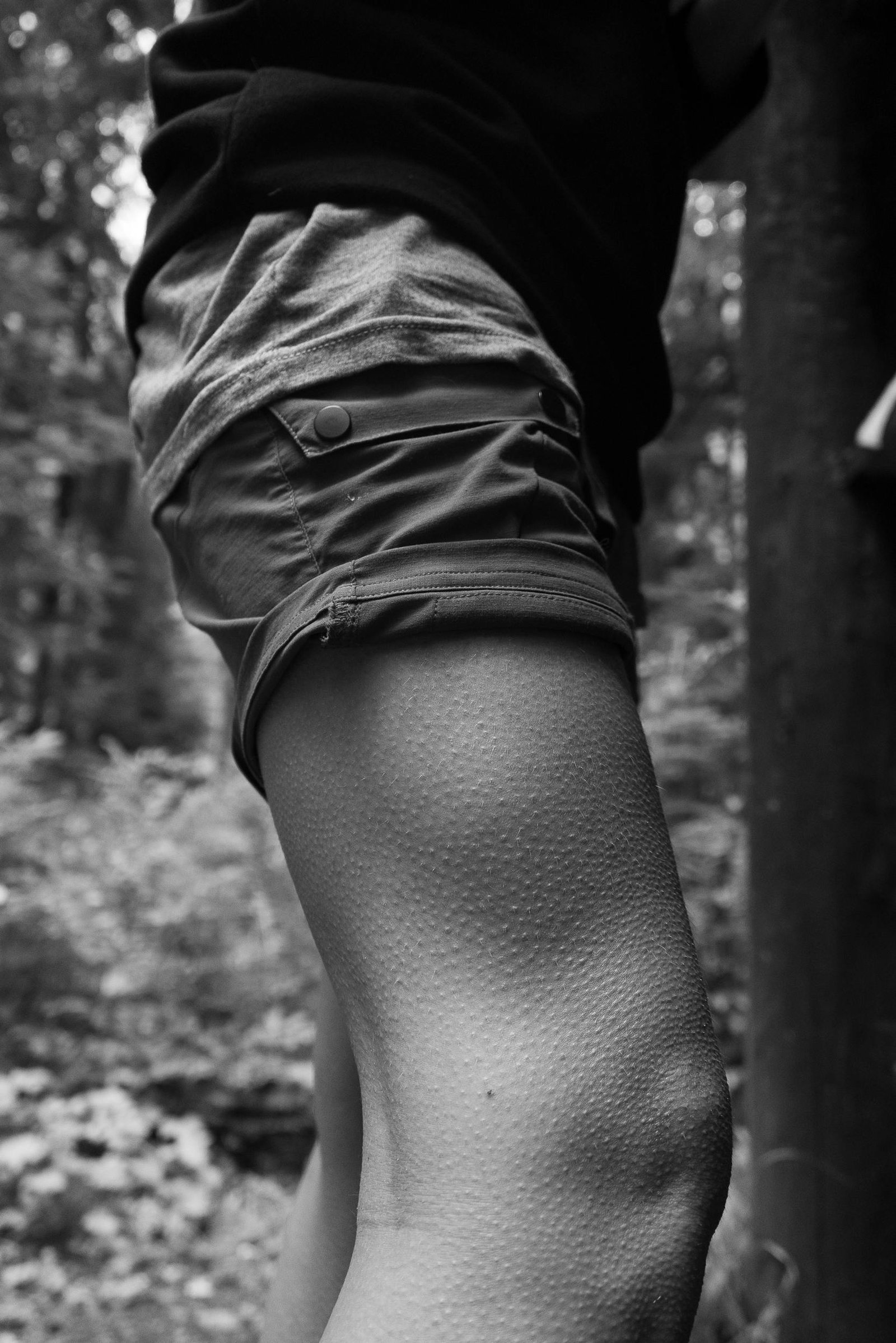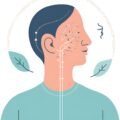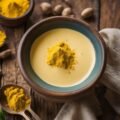Have you ever noticed those tiny bumps on your arms when you’re cold, scared, or listening to a powerful song? Welcome to the world of goosebumps! While they may seem odd, goosebumps pack a fascinating punch. Let’s dive into their science, history, and a few fun facts that might surprise you.
What Exactly Are Goosebumps?
When we experience goosebumps, small muscles at the base of each hair follicle contract. As a result, the hair stands up, creating those tiny raised bumps on our skin. Scientists call this reaction piloerection. Now, let’s explore why our bodies produce these little bumps and what they mean.
The Evolutionary Purpose of Goosebumps

Although humans may not have thick fur coats, we still get goosebumps. In fact, this response evolved as a survival mechanism for our furry ancestors.
- Warmth: When mammals get cold, their hair stands up. This creates an insulating layer of air between the skin and the environment. Consequently, it helps trap warmth—think of it as nature’s built-in winter coat.
- Intimidation: Additionally, raised fur makes animals look bigger, which helps intimidate predators. For instance, cats fluff up when threatened. In contrast, for us, trying to scare off a wild animal with goosebumps would be like challenging a grizzly bear with jazz hands!
Why Do We Get Goosebumps Now?
In a world filled with central heating and cozy blankets, you might wonder why we still get goosebumps. Interestingly, they serve important functions in response to intense emotions, too.
1. Temperature Change
This is the most common reason for goosebumps. When exposed to cold air, your brain signals those tiny muscles to contract. As a result, you get goosebumps—even if you’re not furry enough to need insulation.
2. Fear and Survival Instinct

Have you ever felt goosebumps when frightened? This reaction stems from our ancestors needing to look fierce to survive. Therefore, the “fight or flight” response kicks in, and up goes the hair on your body. It’s like gearing up to face a saber-toothed tiger—or, in modern times, a new deadline from your boss.
3. Emotional Reactions: Music, Movies, and Moments

Moreover, goosebumps also connect to what scientists call an “aesthetic chill.” For example, you might feel them during a powerful movie scene or when a breathtaking song plays. For many, their bodies say, “This is so beautiful I can’t contain it!”
Fun Facts About Goosebumps You Didn’t Know
Here’s some trivia to impress your friends. Who knew goosebumps could be this interesting?
- Phobias and Fear Levels: Notably, people with higher fear levels tend to get goosebumps more easily. Their “threat detection” mechanism runs on high alert.
- Not Everyone Gets Goosebumps from Music: Interestingly, about half the population reports feeling chills from music, while the other half… well, they’re just missing out.
- Animals Have Their Own Versions: In the animal kingdom, piloerection works effectively. For instance, porcupines raise quills to fend off predators.
Are There Any Health Benefits to Goosebumps?
You might wonder if goosebumps have any real use for us today. The short answer is no. Goosebumps are mostly vestigial, meaning they are leftover traits from evolution. However, they do trigger a slight increase in warmth and indicate that your nervous system is responding. Therefore, in some way, goosebumps serve as nature’s reminder: “I feel you.”
Goosebumps, Emotions, and the Mind-Body Connection

While goosebumps are physical reactions, they beautifully illustrate the mind-body connection. Whether you’re feeling awe, shivering from the cold, or experiencing a spine-tingling scare, goosebumps remind us that our bodies and minds are intertwined. Consequently, they show how our body reflects what happens inside our heads.
Love Your Goosebumps!
Next time you’re watching a tear-jerker movie, jamming to a hit song, or shivering on a chilly night, pay attention to those tiny bumps. They remind us of a shared experience across species and our ancient past.
In other words, don’t just shiver in the cold or shudder in fear—embrace the goosebumps! After all, they prove that you’re alive and experiencing something deeply or just… really, really cold.
































No Comments
Leave a comment Cancel